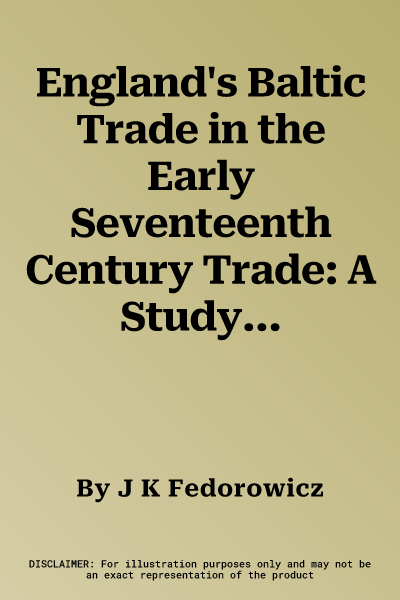J K Fedorowicz
(Author)England's Baltic Trade in the Early Seventeenth Century Trade: A Study in Anglo-Polish Commercial DiplomacyHardcover, 31 March 1980

Temporarily out of stock
Free Delivery
Cash on Delivery
15 Days
Free Returns
Secure Checkout

Part of Series
Cambridge Studies in Economic History
Part of Series
Fontes Historiae Africanae
Print Length
347 pages
Language
English
Publisher
Cambridge University Press
Date Published
31 Mar 1980
ISBN-10
052122425X
ISBN-13
9780521224253
Description
Product Details
Author:
Book Format:
Hardcover
Date Published:
31 March 1980
ISBN-10:
052122425X
ISBN-13:
9780521224253
Language:
English
Location:
Cambridge
Pages:
347
Publisher: